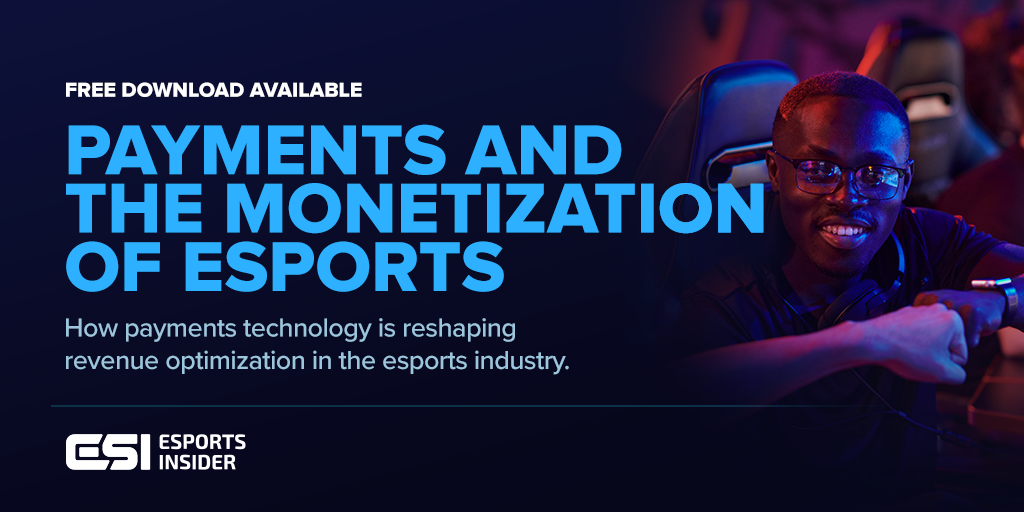
Management consulting company Deloitte has released its latest report on the European esports market, ‘Let’s Play! 2022‘, which surveyed 53 esports market experts and 14,000 Europeans aged 16-65.
Among the insights found in the report, Deloitte found that the number of viewers of esports events in Europe decreased by half since COVID-19 pandemic restrictions were relaxed.
Still, this number remains higher than pre-pandemic levels thanks to an increase in awareness about esports. In 2022, 41% of people approached by the survey could define esports, a 10% increase over 2020.
Stefan Ludwig, Head of Deloitte’s German Sport Business Group, analysed the numbers: “The withdrawal of the lockdown measures understandably resulted in many people turning to other leisure activities again.”
“In 2020 and 2021, 15 percent of those surveyed in Europe answered that they had watched esports at least once a week in the past six months. This number dropped to 8 percent in 2022 in the current survey. Nonetheless, the survey results show that the viewing figures are still above the pre-pandemic level. Hence, esports has developed in terms of viewers.”
Deloitte formed a profile of the current esports audience in Europe, which it defined as ‘young, diverse, value-conscious, digitally native and increasingly rare on traditional channels’. It also found esports fans had both an above-average income and education.
The report also found that the most dedicated esports fans — those who watched at least one hour of esports per day in the past six months — tend to spend an average of €29 (~£25.30) per month within the sector, attributed mainly to event-related spending. Regular fans spend an average of €14 (~£12.21), and occasional fans spend €7 (~£6.11) per month.
Poland and Spain were identified by the report as the countries with a higher proportion of fans willing to pay to consume esports content. Both countries are referenced as ‘the most developed esports markets in Europe’.

Sergi Mesonero, Head of ISFE Esports, part of ISFE, a representative body for Europe’s video game industry, commented on Deloitte’s findings: “Esports is still a young sector in comparison to other economic areas, driven by a young, diverse, value-conscious, digitally native and above-average education and income audience.
“As such, it has considerable potential to evolve and transform other sectors at the EU and national levels, but it is developing differently across the continent, as shown in the report.”
Deloitte’s report also released information on the increase in acquisitions activity amongst esports companies since 2019. The company tracked 51 acquisitions of esports team and tournament organisers worldwide, an increase in such activity over 2020, a tendency Deloitte expects to continue at a high level.
The report also points out that 80% of esports organisations consider ‘revenue growth’ as the most important business goal to be achieved.
The report backs up similar findings in Esports Insider, Nuvei and PayPal’s whitepaper, ‘Payments and Monetization of Esports, which surveyed esports companies about payments, monetisation and revenue streams.
The report also comes a week after the European Union voted for funding and recognition of esports and gaming in Europe.
